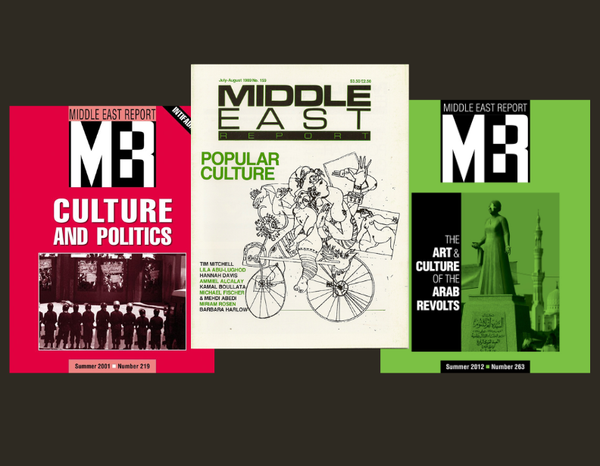From the Editors (July/August 1993)
The board and editorial committee of MERIP met over the first weekend of June. The main item on our agenda was structural adjustment -- not a detached analysis of Egypt and the World Bank, but a wrenching confrontation with our need to bring the costs of this organization and magazine in line with t









